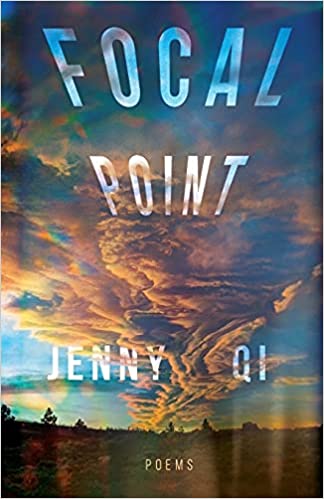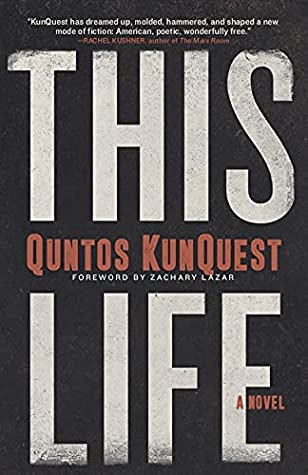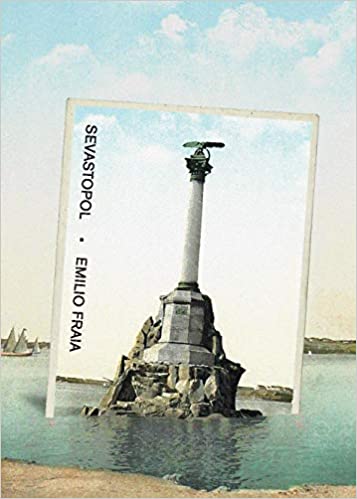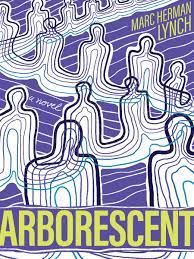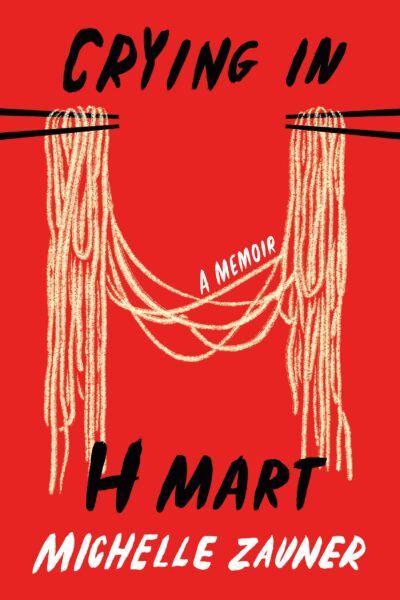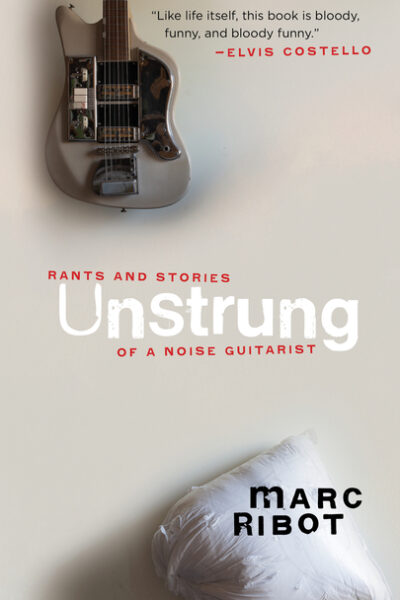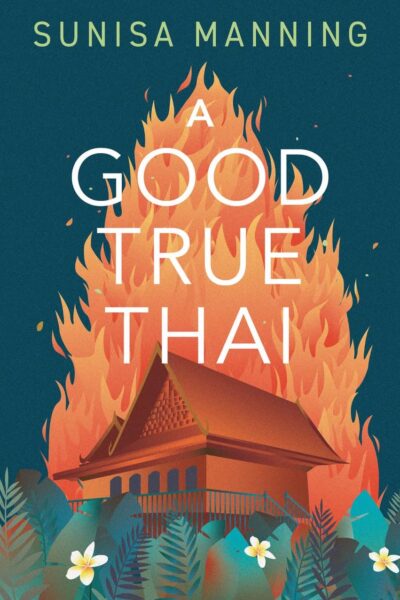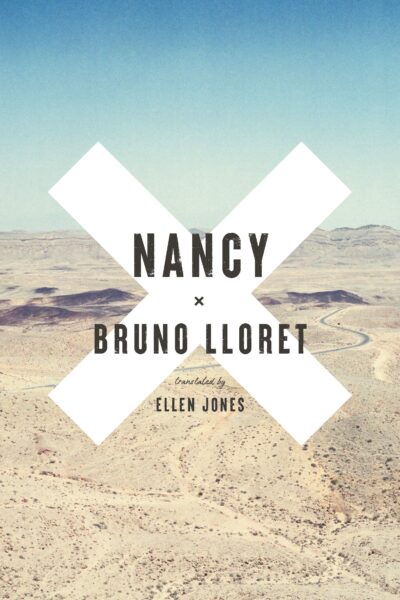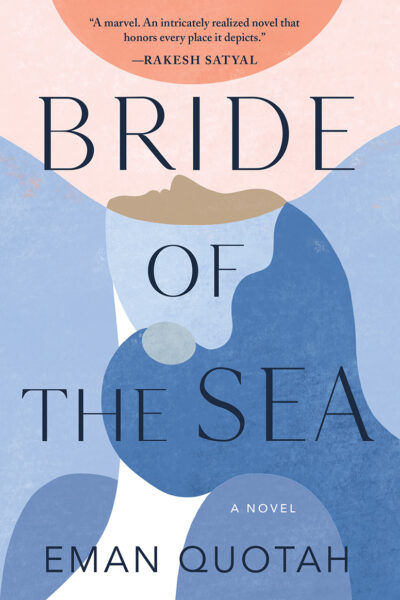PERMAFROST isn’t the conventional, happily-ever-after fairytale-esque story . . . Baltasar shows that although life may be grim and cruel, one must carry on and entrust that there is a glimmer of hope to be found somewhere.
FOCAL POINT, like the Greek epics it frequently references, is thus an inner odyssey through illness and loss that imparts the difficult lesson that to live is to grieve.
Isn’t a life sentence without parole like a wrong word in a sentence that is impossible to correct, condemned to exist outside of grammar and syntax?
There is something anti-story in every story, where the force pushing towards narrative resolution is challenged by a slightly ethereal centrifugal drift which slows, and maybe even reverses, that centripetal approach.
Arborescent – Marc Herman Lynch
Marc Herman Lynch’s ARBORESCENT luxuriates in the space between the familiar and the fantastic, dipping into both ends of the spectrum to paint a richly layered contemporary folk tale.
Crying in H Mart: A Memoir – Michelle Zauner
What I can say for certain, though, is that as Zauner guided me through these corridors of her own life, little pieces of her world attached to me.
Unstrung: Rants and Stories of a Noise Guitarist – Marc Ribot
Seen as a genius and underappreciated musician by those initiated into the world of free jazz and noise guitar, Marc Ribot now reveals his ambitions as an author.
A Good True Thai – Sunisa Manning
Though the action takes place nearly a half-century in the past, the novel’s core theme — resistance to entrenched power — could hardly be more relevant.
Lloret leans into the uncanny and absurd to illustrate the devastating and very real effects that capitalism and climate change have on everyday Chileans.
Bride of the Sea – Eman Quotah
A tale of liminality and family, characters continually trying to piece themselves together among persistent loss. This is the condition of being a migrant, of being in-between, told in a stunning story which spans nearly fifty years.




